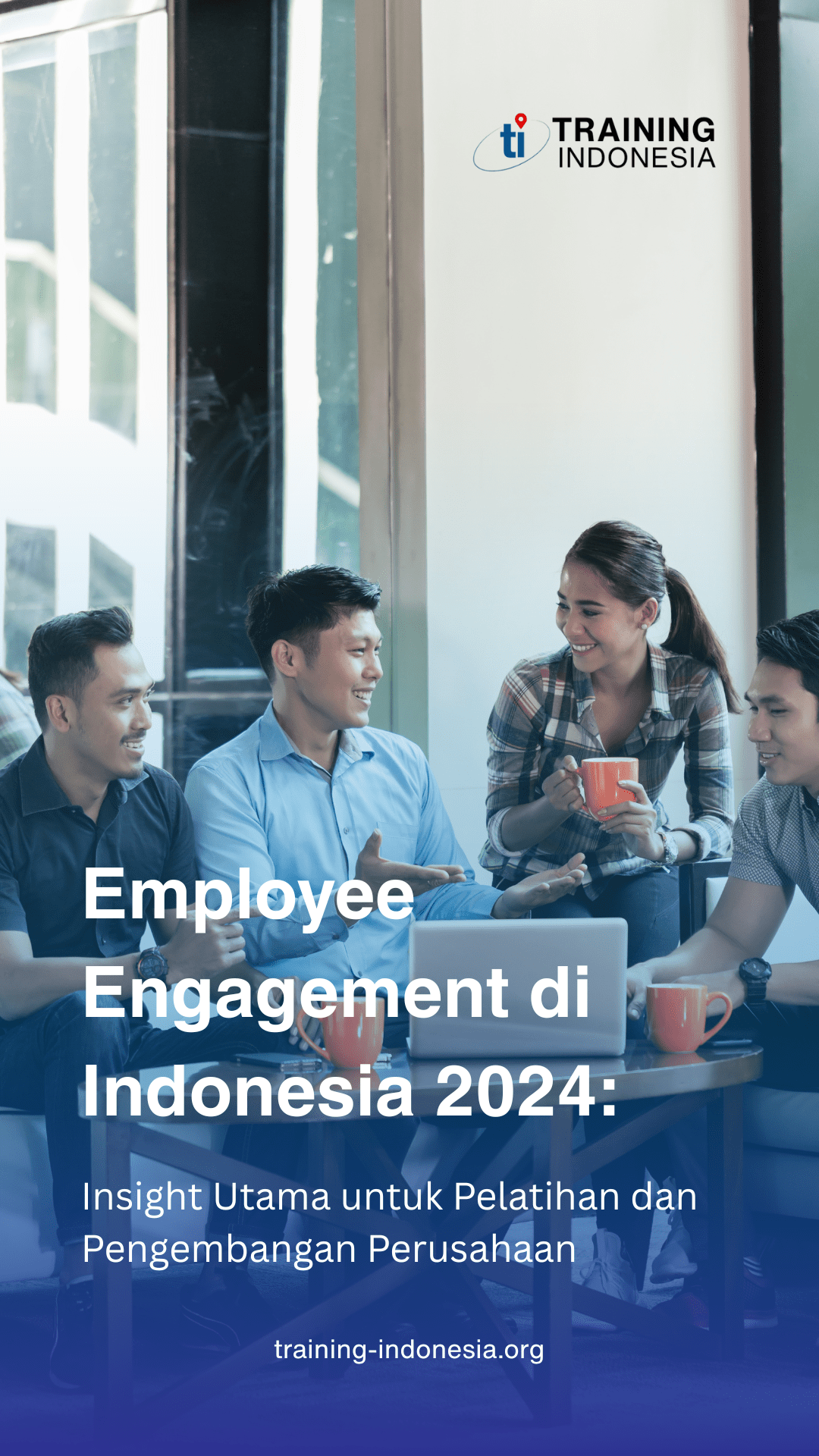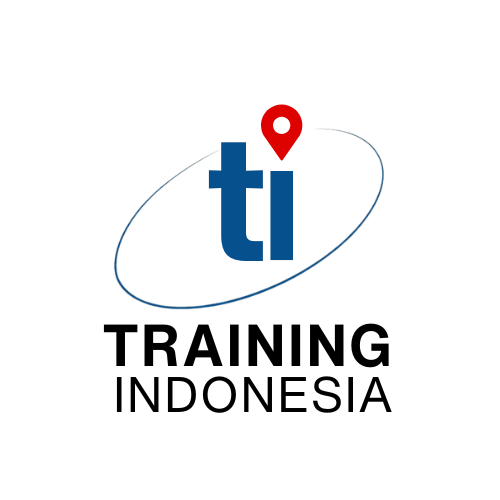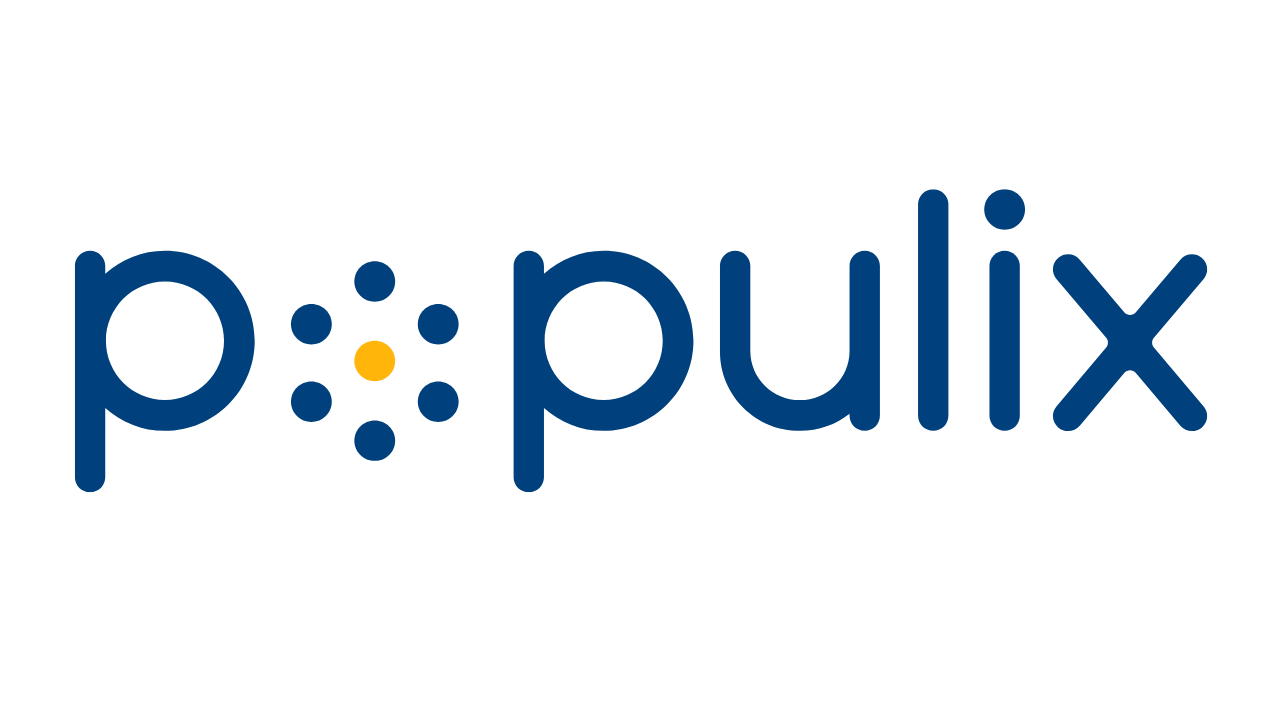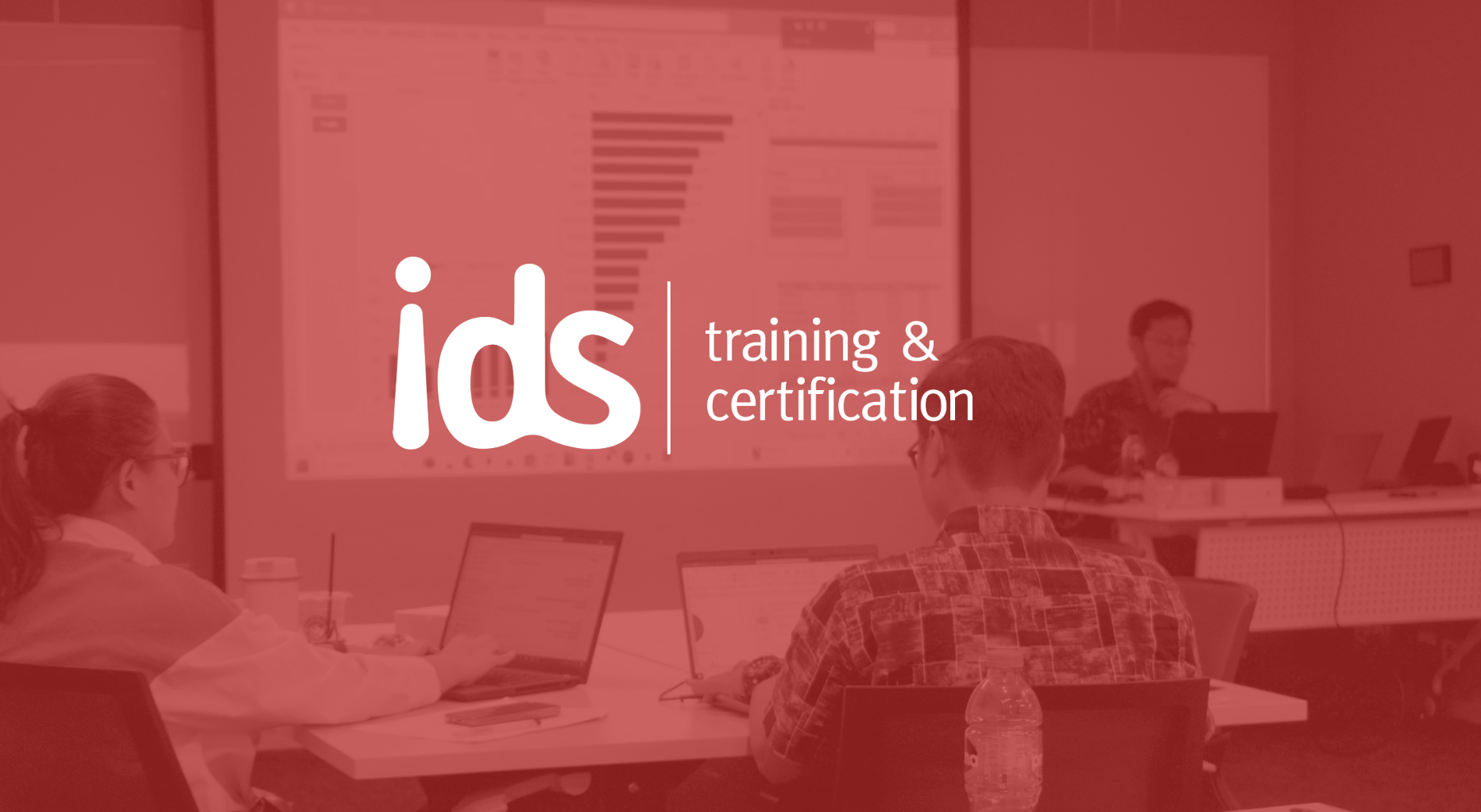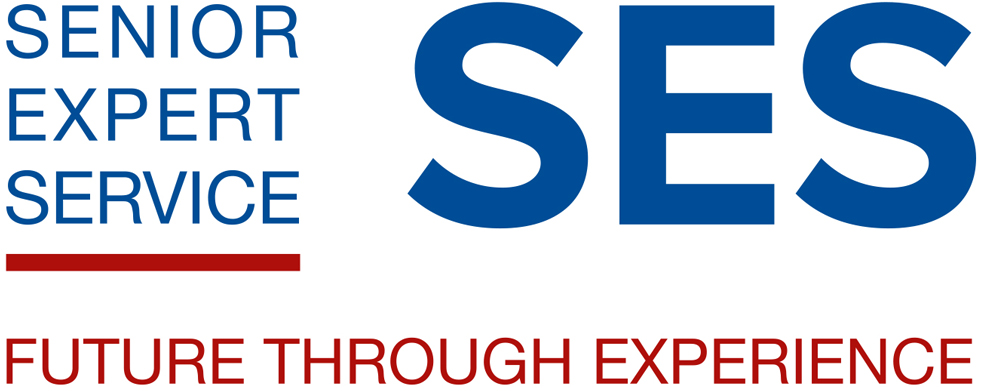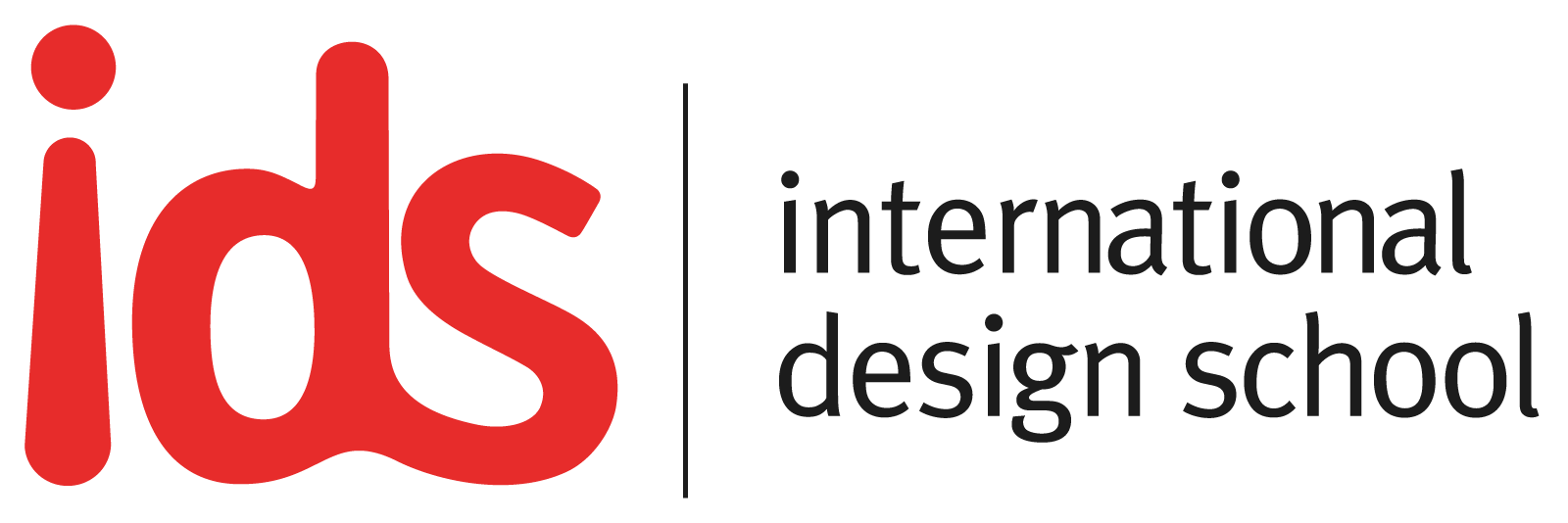Indonesia’s Employment Strategy 2025–2029: Embracing Demographic and Green Transitions
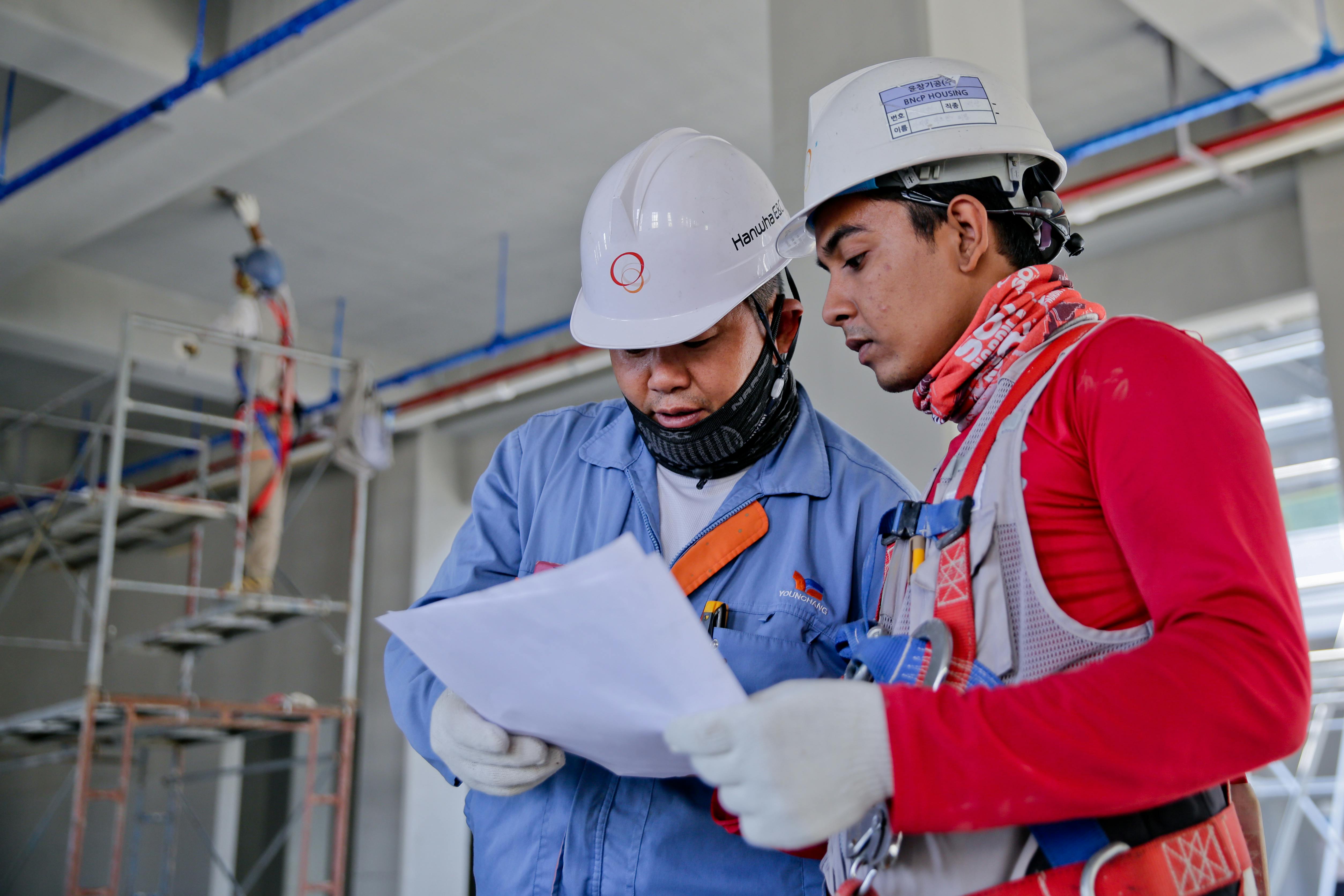
Indonesia is entering a critical phase in its employment trajectory. Between 2025 and 2029, the country will navigate the complex intersection of demographic opportunity, digital transformation, and green economy transitions. This article reviews the national employment strategies outlined in the Indonesia Employment Outlook 2025–2029 report by the Ministry of Manpower (Kemnaker, 2024).
1. Demographic Bonus: A Window of Opportunity
Indonesia’s demographic dividend will peak around 2035–2040, with labor force participation expected to reach 72.25% in 2029. Unemployment is forecasted to drop to 4% (Kemnaker, 2024).
However, unequal workforce quality and regional disparities remain major challenges. Many workers still lack vocational training, digital skills, and higher education qualifications.
2. Digital Economy and Workforce Transformation
Indonesia’s digital economy is projected to contribute over IDR 15,000 trillion to GDP by 2045. New job roles are emerging in data analysis, AI, and fintech.
However, the gig economy—popularized by platforms like Gojek—presents challenges in job security and social protection. Only 1.6% of informal workers are currently covered by social protection programs.
3. Green Jobs and the Just Transition
The transition to renewable energy is expected to generate 3.2 million green jobs by 2050. Yet, only 0.63 million workers are currently involved in green sectors.
Opportunities lie in solar power, eco-agriculture, and sustainable waste management. Massive reskilling programs are needed to prepare the workforce for this shift.
4. Industrial Downstreaming and Economic Modernization
Indonesia’s nickel downstreaming program boosted exports from USD 3 billion (2017) to USD 29 billion (2022). Smelters now offer thousands of direct and indirect jobs.
However, downstream industries demand high-tech skills in automation, AI integration, and metal processing. Training and industry partnerships are essential.
5. Indonesia’s Strategic Workforce Agenda
The roadmap includes four key pillars:
5.1. Leveraging Demographics
-
2025: Digital vocational training for 50,000 people.
-
2026: National online training platform.
-
2027: Free tech certification for women.
-
2028: VR and AI-based simulations.
-
2029: Evaluation and continuous training.
5.2. Digital Transformation
-
2025: Digital literacy for 100,000 people.
-
2026: Curriculum integration for tech skills.
-
2027: AI & IoT training in key sectors.
-
2028: Local startup incubation programs.
-
2029: Digital sector to contribute 15% to GDP.
5.3. Green Economy Transition
-
2025: Establish 5 green training centers.
-
2026: Train 10,000 renewable energy workers.
-
2027: Transition 20,000 fossil sector workers.
-
2028: Create 50,000 new green jobs.
-
2029: 10% of labor force active in green jobs.
5.4. Readiness for Downstreaming
-
2025: Train 5,000 workers in metal processing.
-
2026: Develop three Special Economic Zones.
-
2027: Apply AI for industry optimization.
-
2028: Boost export value by 15%.
-
2029: Train 50,000 workers for industrial growth.
Indonesia’s employment strategy for 2025–2029 is both ambitious and timely. By aligning workforce development with demographic, technological, and environmental shifts, Indonesia can emerge as a globally competitive, inclusive, and sustainable economy.
Indonesia’s 2025–2029 employment roadmap offers a comprehensive policy response to global and domestic challenges. With the right investment in skills, innovation, and inclusion, Indonesia can unlock its full potential and achieve a high-quality, competitive economy.
Looking to upgrade your skills in digital transformation, green jobs, or industrial sectors? Visit training-indonesia.org to join certified training programs tailored for Indonesia’s future workforce!
References
- Ministry of Manpower of the Republic of Indonesia. (2024). Indonesia Employment Outlook 2025–2029: Integrating Asta Cita into Employment Strategies for the Future (Vol. 3, No. 2). Jakarta: Center for Employment Policy Development. https://doi.org/10.47198/ieo.2025-2029
- Photo by Anamul Rezwan: https://www.pexels.com/photo/two-man-holding-white-paper-1216589/
Related News
EKONID Human Capital Club Explores Key Workforce and Engagement Trends for 2025
On July 25, 2025, The German-Indonesian Chamber of Industry and Commerce (AHK Indonesia/EKONID) hosted its latest Human Capital Club under the theme “Workforce Trends and Employee Engagement 2025”
EKONID Human Capital Club Kupas Tuntas Tren Keterlibatan Karyawan dan Strategi SDM 2025
Jakarta, 25 Juli 2025 – Kamar Dagang dan Industri Indonesia–Jerman (AHK Indonesia/EKONID) kembali menggelar Human Capital Club bertajuk “Workforce Trends and Employee Engagement 2025.
Indonesian HR Strategy to Optimize the Potential of AI in the Future Workplace
Artificial Intelligence (AI) is no longer merely an operational tool—it has become a transformational force in how organizations redesign work, develop talent, and create business value.
Strategi HR Indonesia Mengoptimalkan Potensi AI di Tempat Kerja Masa Depan
Artificial Intelligence (AI) bukan lagi sekadar alat bantu operasional, tetapi telah menjadi kekuatan transformasional dalam cara organisasi mendesain ulang pekerjaan
Menavigasi People Analytics: Peluang dan Risiko dalam Transformasi HR di Indonesia
Di era digital, organisasi semakin menyadari pentingnya pengambilan keputusan berbasis data untuk mengelola sumber daya manusia (SDM) secara efektif. Salah satu pendekatan yang kini populer adalah Peo
